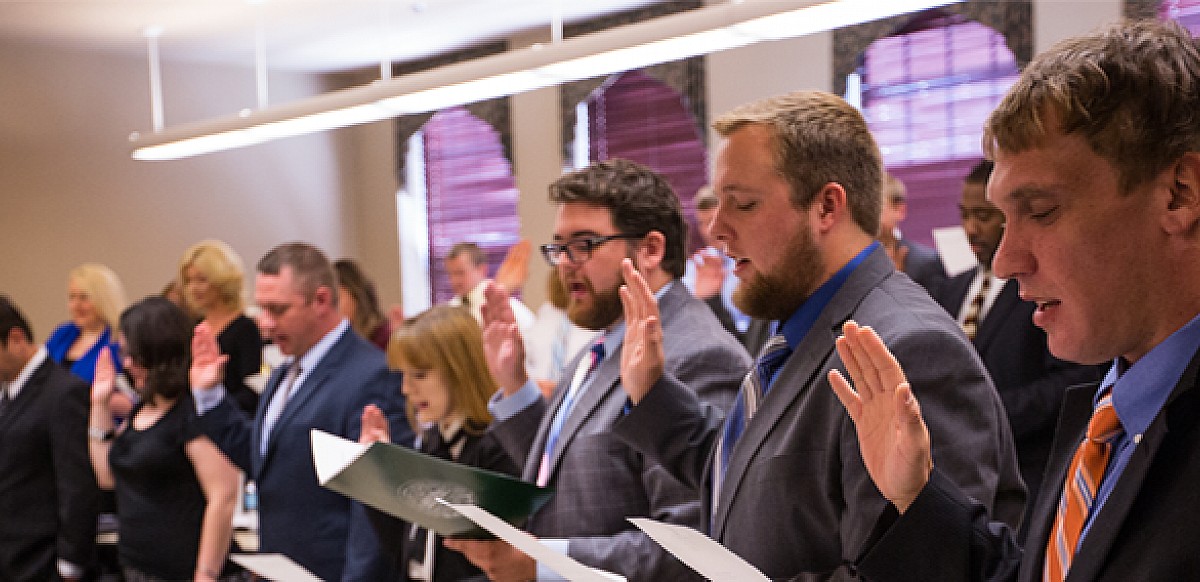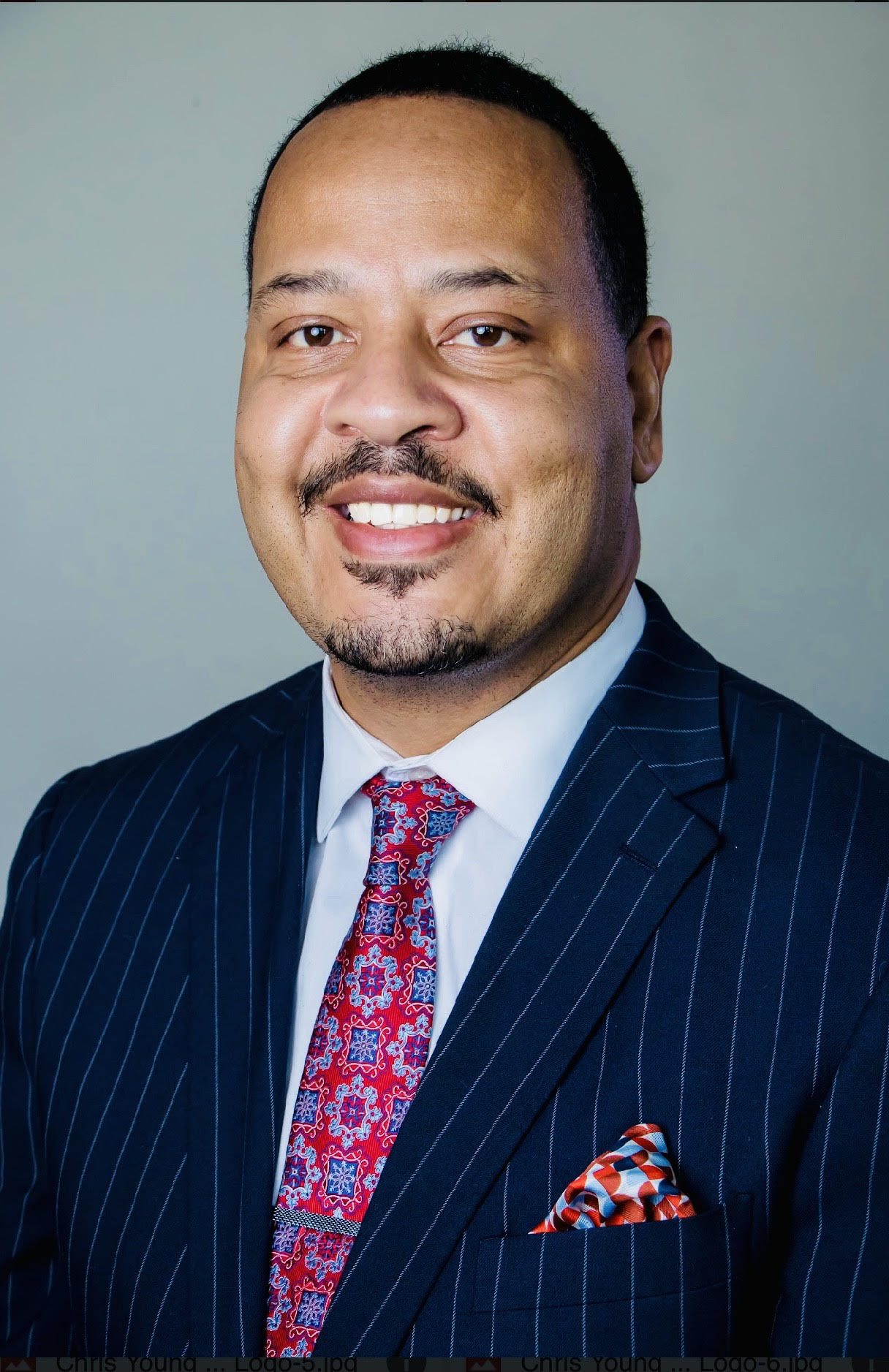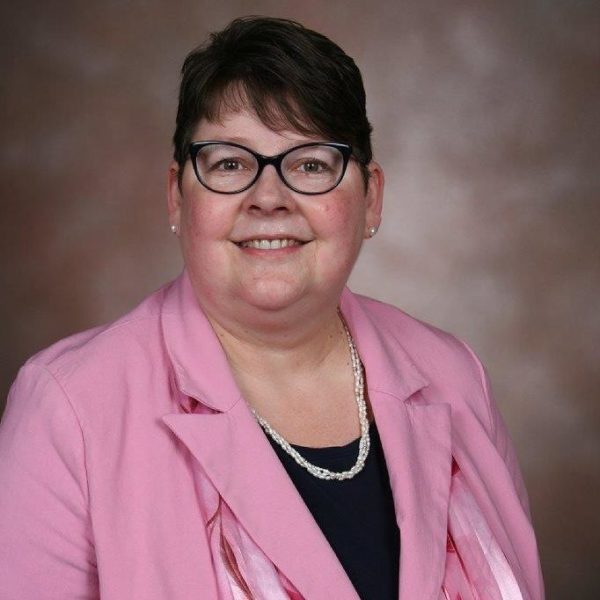The American Bar Association (ABA) requires that all law schools develop a plan in the fall of 2022 regarding how schools will implement in the fall of 2023 the revised ABA standards 303(b) and 303(c) that cover professional identity formation and bias, cross-cultural competency, and racism. Appalachian School of Law (ASL) tasked its Curriculum Committee to draft a proposed plan for compliance with the revised standards. The Committee, chaired by Professor Dawn Figueiras, included the Honorable Larry G. Elder, Professor Jeremy Hurley, Associate Dean of Students Shelly James, Dean of Experiential Learning Lucy McGee, Professor Ken Russell, Chief Academic Officer Laura Wilson, and President & Dean Keith Faulkner. The committee spent the summer discussing what ASL already does in these spaces and how ASL would utilize those efforts, along with new ones, to create a proposed plan for the faculty to review. Professor Figueiras participated in webinars sponsored by AALS, SUNY-University at Buffalo School of Law, and others, and gratefully utilized the resources links compiled and hosted on the Buffalo School of Law website. On August 8-9, 2022, at ASL’s Faculty Retreat, the Committee presented its plan to the faculty and engaged in productive discussions to revise the plan. Although the ABA did not set a date for completion of the plan, the full Faculty unanimously adopted the Implementation Plan below on August 16, 2022.
The following is the IMPLEMENTATION PLAN FOR REVISED ABA STANDARD 303’s REQUIREMENTS approved by the ASL faculty.
ADOPTED ASL Implementation Plan for Revised Standard 303 2022-08-16 (003)
A. Revised 303(b)(3)—“provide substantial opportunities to students for . . . the development of a professional identity.”
- Orientation: Administration of the “Professionalism Oath” by a Virginia Supreme Court Justice or Court of Appeals Judge. The Professionalism Oath is modeled after the oath given to new members of the Virginia State Bar about their professional duties and responsibilities; students take the Oath after being sworn and sign the Oath as well.

Students take the Professionalism Oath at ASL
- During Orientation/early during 1L year: Organize a visit to a Court, preferably a federal court; give students opportunities for reflection on their experience.
- Fall Semester, 1L year: Revise “Introduction to Community Service” course to incorporate at least three lectures/sessions about concepts of professionalism and professional identity formation. Rename course: “Building a Professional Identity.
a. Possible examples of topics may include: What kind of lawyer do I want to be? What character/personality strengths do I possess and what does that mean for my career choices? How do I conduct myself in a professional manner? How do I incorporate community service and pro bono service into my career? - Spring Semester, 1L year: Lecture series for 1Ls (3 events) involving professionalism and/or professional identity formation. This would be incorporated as part of the Dean’s new “Professionalism, Leadership, and Transition to Practice” (“PLT”) program.
- Summer after 1L year: Students participate in an Externship placement and keep a journal documenting their experiences and self-reflections.
- 2L year: The PLT program will incorporate four formal sessions on leadership; at least one session will discuss and encourage leadership within the legal profession.
- Annually: Professionalism Dinner event (part of PLT program). Select a bar leader to receive a Professionalism Award from ASL. Invite attorneys and judges to attend, with professors, to engage in discussion with students regarding professionalism/ethical issues.
B. New 303(c)—“provide education to law students on bias, cross-cultural competency, and racism … at the start of the program … and at least once again before graduation.” “For students engaged in law clinics or field placements, the second educational occasion will take place before, concurrently with, or as part of their enrollment in clinical or field placement courses.”
- Orientation: Lecture/session by ASL Diversity Mentor Virginia Supreme Court Justice Cleo Powell. (Fulfills the requirement for one educational experience at the start of the J.D. program)
- Spring Semester, 1L year: Incorporate into the required “Introduction to Externships” course at least one mandatory session on bias, cross-cultural competency, and/or racism. (Fulfills the requirement for a second educational experience prior to/concurrently with externships and other field placements.)
- Spring Semester, 2L year: Incorporate into the required “Professional Responsibility” course at least one mandatory session on bias, cross-cultural competency, and/or racism.
- 3L year: The Professionalism, Leadership, and Transition to Practice (“PLT”) program will include six sessions on Transition to Practice; at least one session will incorporate discussion of issues involving bias/cross-cultural competency/racism that arise in legal practice.
- Curriculum-wide: Encourage all faculty to incorporate discussions of racism/cross-cultural competency/bias into their courses, wherever the regular course of study offers such an opportunity. The subject matter should be documented in the Course Description and in the Course’s Syllabus by the professor.
- Elective Courses: Offer electives with a significant component addressing bias, cross-cultural competency, and/or racism. Elective courses will outline in their Course Descriptions/Syllabi how bias, cross-cultural competency, and/or racism are addressed in the course. Currently, ASL offers “History of Race and the Law” (co-taught by the Hon. Larry Elder and adjunct Professor and ASL Diversity Mentor Chris Young) as a general elective in both Fall and Spring semesters, and “Poverty, Health, and the Law” (taught by Dean of Experiential Learning

Professor Chris Young
Lucy McGee as a general elective in Fall and Spring semesters as well as summer sessions. This course is a pre-requisite for student participation in ASL’s Medical-Legal Partnership Clinic. The Clinic is a joint project of Ballad Health Systems, ASL, and Virginia Tech’s Pamplin College of Business.
Should you have any questions or if you would like to discuss the plan, then please contact Professor Dawn Figueiras at dfigueiras@asl.edu.

Guest Contributor Professor Dawn Figueiras

No Comments